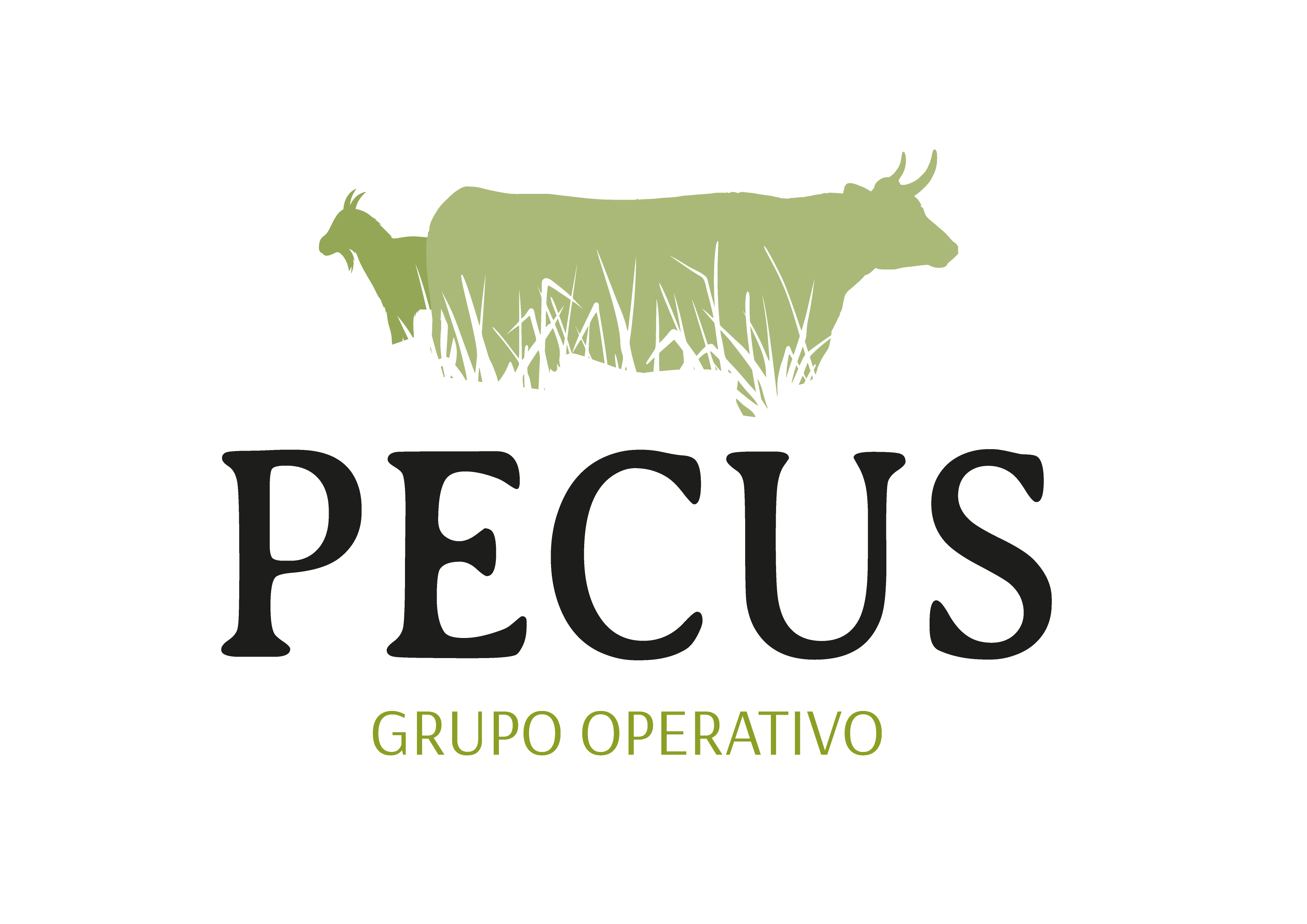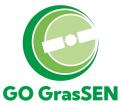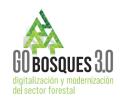
PECUS Operational Group: Maintenance and improvement of extensive livestock farming through the development of digital tools to support decision-making by livestock farmers, forest owners, and specialist technicians.
- Type Operational group
- Status In progress
- Execution 2024 -2027
- Assigned Budget 599.898,00 €
- Scope Supraautonómico
- Autonomous community Castilla y León; Madrid, Comunidad de
- Main source of financing CAP 2023-2027
- Project website GO PECUS
The innovative PECUS project is presented with the general objective of improving the economic, social, and environmental sustainability of extensive livestock farming. It plans to develop a series of innovative digital tools that will address the main needs of those involved in the viability of extensive livestock farming: farmers, landowners, technicians, and administrations.
Development of a platform that connects ranchers, landowners, technicians, and administrations to optimize land use for livestock, promote the management of underutilized land, and rejuvenate the sector. The platform's architecture will be designed to include the three modules: rancher-owner and technician.
Establish at least two basic characterization, evolution, and quantification algorithms for the main pastures of the Iberian and Central Systems, monitoring livestock density using in-situ data, remote sensing, and other data. This will lead to the development of a web-based viewer for livestock farmers that will be integrated into the platform.
Establishment of at least two characterization and quantification algorithms to determine the suitability of forest estates for silvopastoral use and monitoring livestock load, developing the module for owners.
Calculate at least five indicators of compliance with the pastureability and sustainability of extensive silvopastoral farms, integrating them into the platform to assist technicians and administrative controls.
- Development of the PECUS platform architecture by defining its requirements and functionalities for each agent (rancher, forest owner, technician), establishing communication and information integration protocols, designing the PECUS platform in the cloud, and analyzing its commercial exploitation.
- Development of the PASTOS ALGORITHM by collecting cartography, remote data and management data, delimiting the area of interest, taking ground truth and generating in situ and combined remote variables.
- Training, validation, and generalization of AI models for grassland classification and quantification based on remote, in-situ, and combined information.
- Development of a PASTURE VIEWER for livestock farmers to classify, characterize, evolve, and quantify the main pastures of the Iberian and Central Systems, monitoring the recommended stocking rate to identify the best livestock management systems.
- Development of the OWNERS ALGORITHM, using a viewer with the administrative and environmental suitability of forest farms for silvopastoral use and the basic management tasks for that use, development of recommendation generation modules and integration into the platform.
- Development of FARM INDICATORS for compliance with pastureability and sustainability for silvopastoral farms.
- Development of the CONSULTING MODULE, development of a viewer with indicators of compliance with the pastureability and sustainability of silvopastoral farms, development of recommendation and notification modules for technicians, and integration of the module into the Communication and Dissemination platform.
Spain is the European Union country with the largest land area and the greatest diversity of extensively managed livestock farming systems, based on the use of pastures where trees and shrubs are common. However, in recent years, we have found ourselves facing a situation of uncertainty that compromises viability and generational renewal, accentuated by its need to adapt to climate change.
Climate change is one of the greatest threats to this activity. Extensive livestock farming, particularly sheep farming, is burdened by a series of structural problems: less and less meat is consumed, the farm gate price of livestock is low, farms employ archaic management practices, and the opportunities offered by digitalization have not been taken advantage of. These circumstances translate into the disappearance of farms due to the abandonment of their owners, the lack of generational renewal, and the lack of new employees.
However, extensive livestock farming represents a significant opportunity for producing ecosystem services and is not taking advantage of the opportunities that digitalization can offer.
The GO PECUS aims to generate digital tools that improve the economic, social, and environmental sustainability of extensive livestock farming by characterizing large-scale silvopastoral ecosystems, providing livestock farmers with tools to monitor management in real time, and contributing to closer ties with landowners and technicians.
Develop a digital decision-support tool for promoting extensive livestock farming, improving pastures and farm resilience.
For livestock farmers, a digital tool to decide where and when to use pastures. For forest owners, a digital tool to decide how to lease those pastures.
For agricultural sector specialists, a digital tool that offers indicators of compliance with the pastureability and sustainability of silvopastoral farms.
- Coordinator/entity name: UPA: Union of Small Farmers and Ranchers
- Postal address: C/ Agustín de Betancourt, 17
- Coordinator/entity email: upa@upa.es
- Telephone: 915541870
The scope of the PECUS Governing Body is the Iberian System and the Central System, an area of strategic interest for our country in the development and promotion of this livestock activity.
- UPA: Unión de Pequeños Agricultores y Ganaderos
- UPA: Unión de Pequeños Agricultores y Ganaderos
- Digitanimal S.L
- Fora Forest Technoligyes
- Asociacion Forestal de Soria







